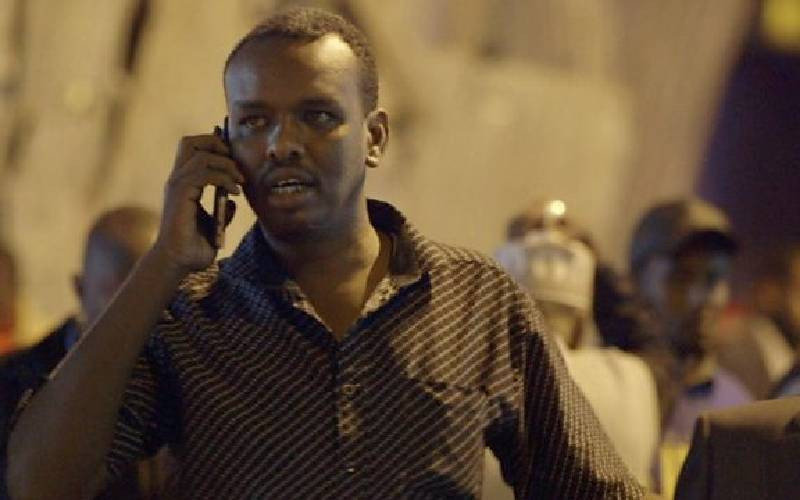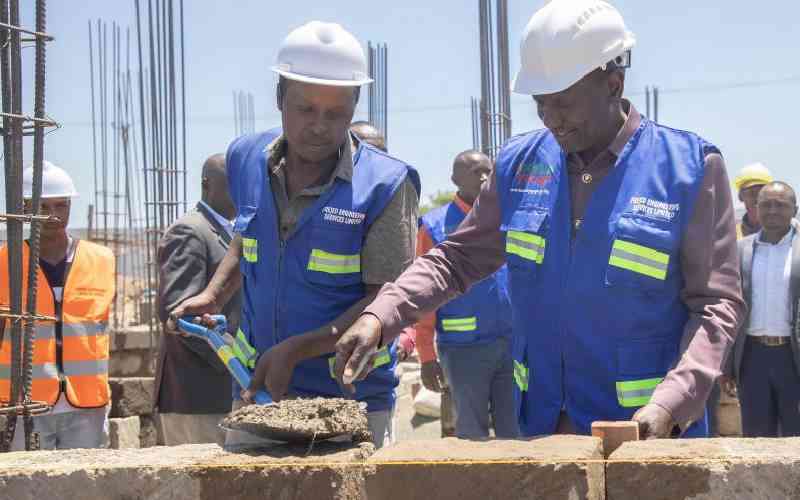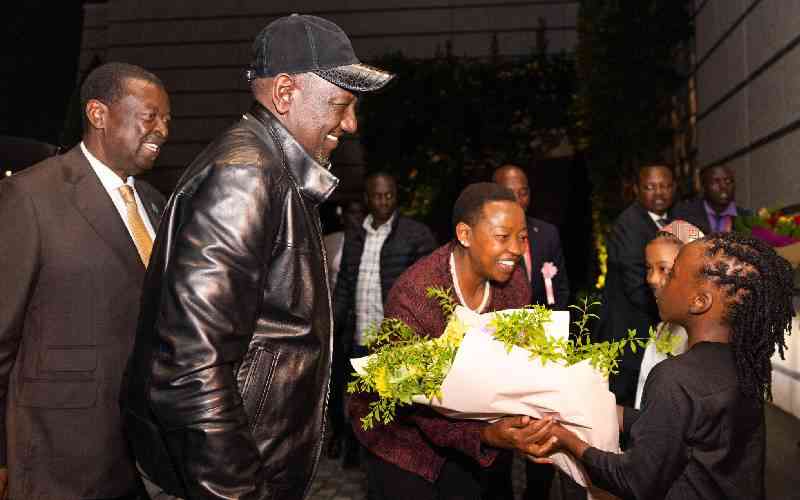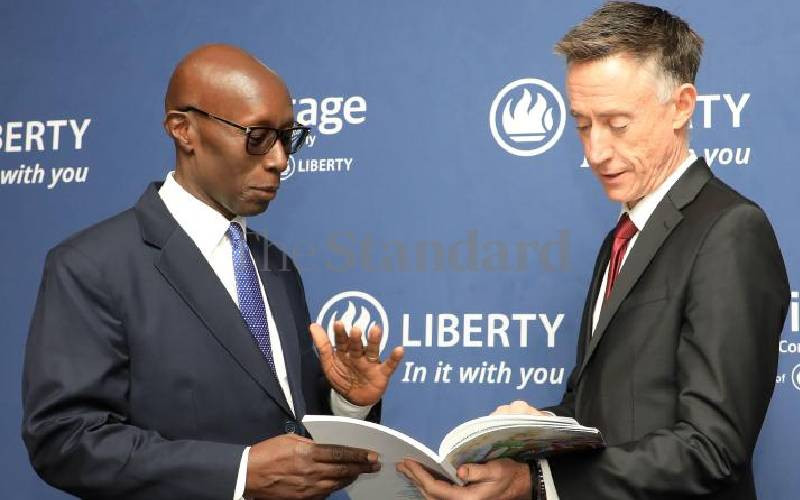
A firearms examiner on Tuesday told the court he could not link an AK-47 rifle and two Jericho pistols handed to him for analysis to the deaths of two people in 2017.
The weapons are central to the murder trial of former Pangani Police Station officer Ahmed Rashid.
Testifying in the case where Rashid is accused of killing Jamal Mohammed and Mohammed Dhair Kheri.
Commissioner of Police Collins Ndhiwa said the cartridges recovered did not match the firearms presented for examination.
He further explained that a bullet submitted for analysis was too deformed, likely after striking a hard surface, making it impossible to determine which weapon it came from.
He testified that he believed the cartridges had been collected from the crime scene. It also emerged that the serial number of a Jericho pistol issued to Constable Robert Rono on that day differed from the one presented in court.
The Directorate of Criminal Investigation officer said he could not conclude that the bullets were fired by the pistols before him.
High Court Judge Diana Kavedza heard that out of the 10 cartridges submitted for examination, seven had been fired from a Ceska pistol. However, he said that particular gun was never handed to him for analysis.
The remaining three cartridges, he added, bore impressions from either a Jericho or a Browning pistol, but he ruled out the two Jerichos that had been presented to him.
“From the evidence, none of the bullets were fired from the exhibits,” he testified.
Senior Sergeant Reuben Mwaniki of the DCI’s Homicide Unit told the court that on March 31, 2017, he was assigned to investigate an incident in Eastleigh.
He said that, according to information gathered from one Prof Abdirashid, two boys had allegedly stolen a bag from a woman on March 30, 2017. Mwaniki further testified that Prof Abdirashid informed the then officer in charge of Eastleigh Police Post about the theft.
He added that when the boys reportedly returned the following day, the professor alerted Rashid. “He was shown the two boys by the professor, who had also taken their photos and sent them to Corporal Rashid,” Mwaniki testified.
Earlier, another officer told the court there had been an alert suggesting Gaza gang members planned a raid in Eastleigh.
Stay informed. Subscribe to our newsletter
Fredrick Gichuki, then in charge of the Police Integrated Command and Control Centre, said officers in civilian clothing were deployed following intelligence reports that 10 armed Gaza gang members had boarded a matatu headed for Eastleigh.
Although Gichuki was expected to produce CCTV footage and explain the events, he claimed the information relayed to police commanders indicated that the suspects were armed and dangerous.
Pressed on whether Jamal and Dahir — who were killed in broad daylight, were actually armed, Gichuki said they merely appeared to have concealed items in a kanzu and a red jacket.
On the question of excessive force, he testified that it looked as though the person captured on video chasing one of the suspect, the one with the red jacket, had fired a warning shot.
He said that police are allowed to aim and shoot a person’s leg if he or she defies arrest or flees. According to him, Gaza had become a menace, robbing business people and killing, among others, police officers.
Yesterday, his colleague, Mwaniki, however claimed that the two who were killed had robbed a woman a day before and had been identified.







